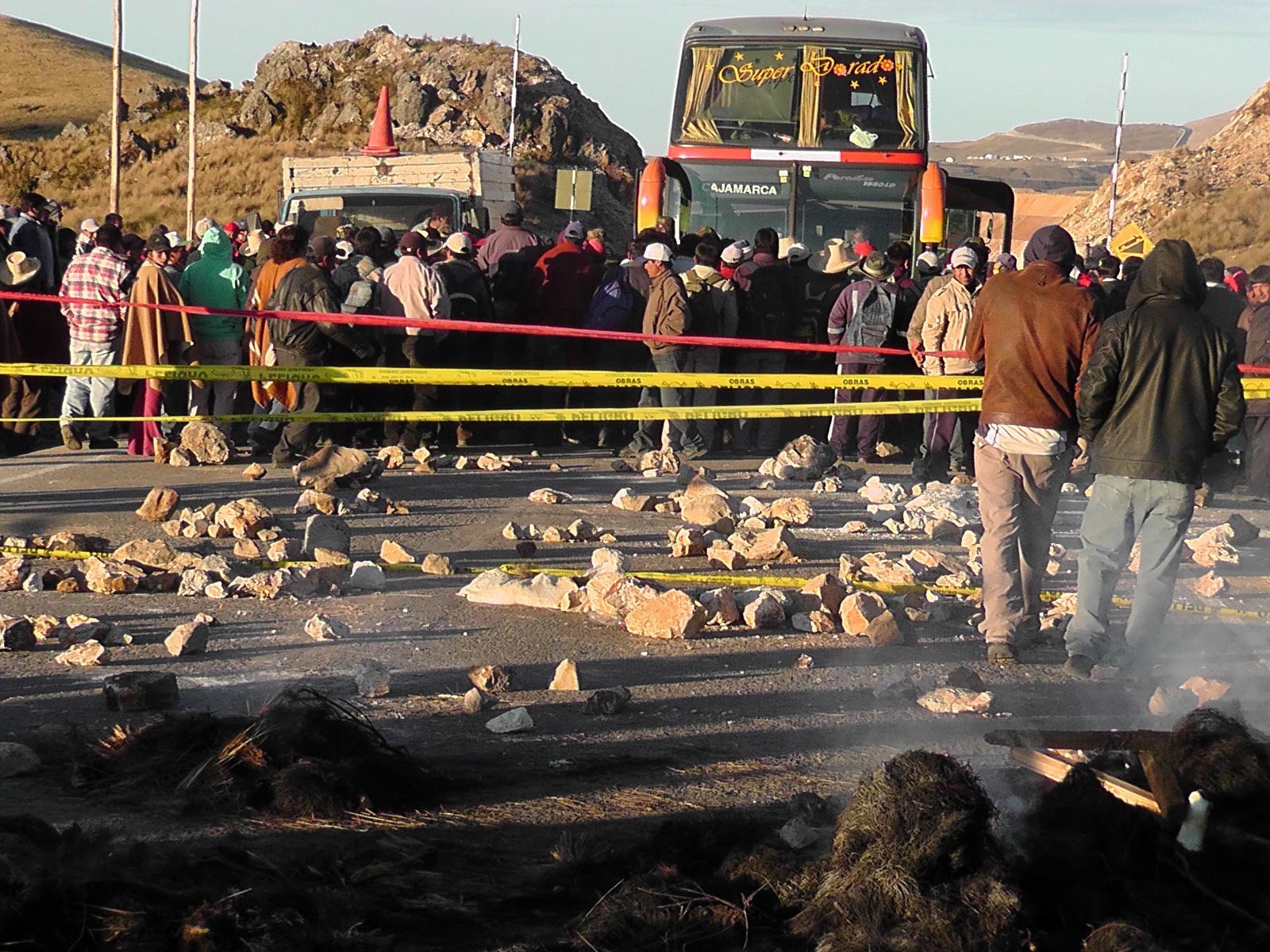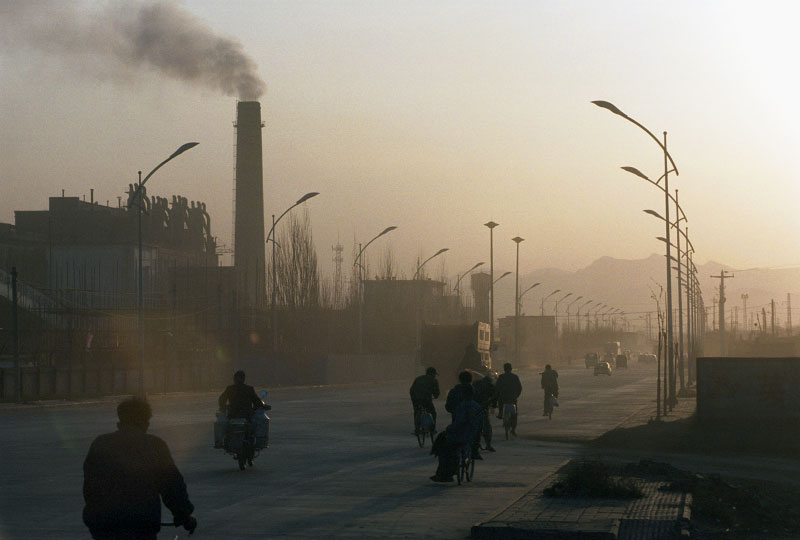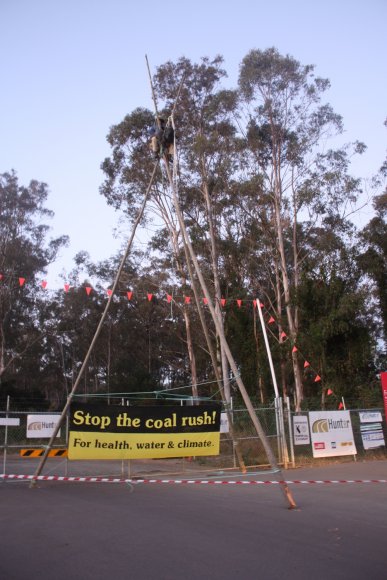
Activists start public Hunger Strike by stealing ‘Carbon Bomb’
By Sarah Moles / Generation Alpha Seven environmental activists today stole a ‘Carbon Bomb’ from the offices of transport company Aurizon (link www.aurizon.com.au) in Brisbane, Australia. The action signified the launch of their shop front hunger strike, pressuring Aurizon to withdraw planned capital from the largest coal complex in the world, planned for the Galilee Basin in their state of Queensland. Burning the coal from this complex is forecast to release over 700 million tons of carbon pollution each year, more than the total emissions Australia, the UK or Canada. ...



